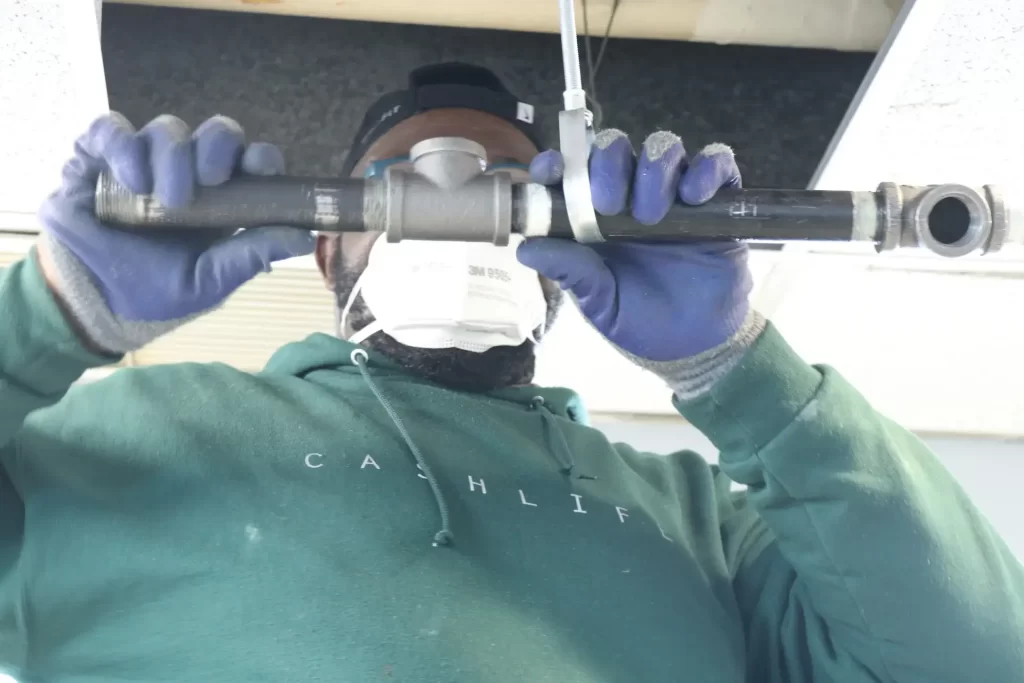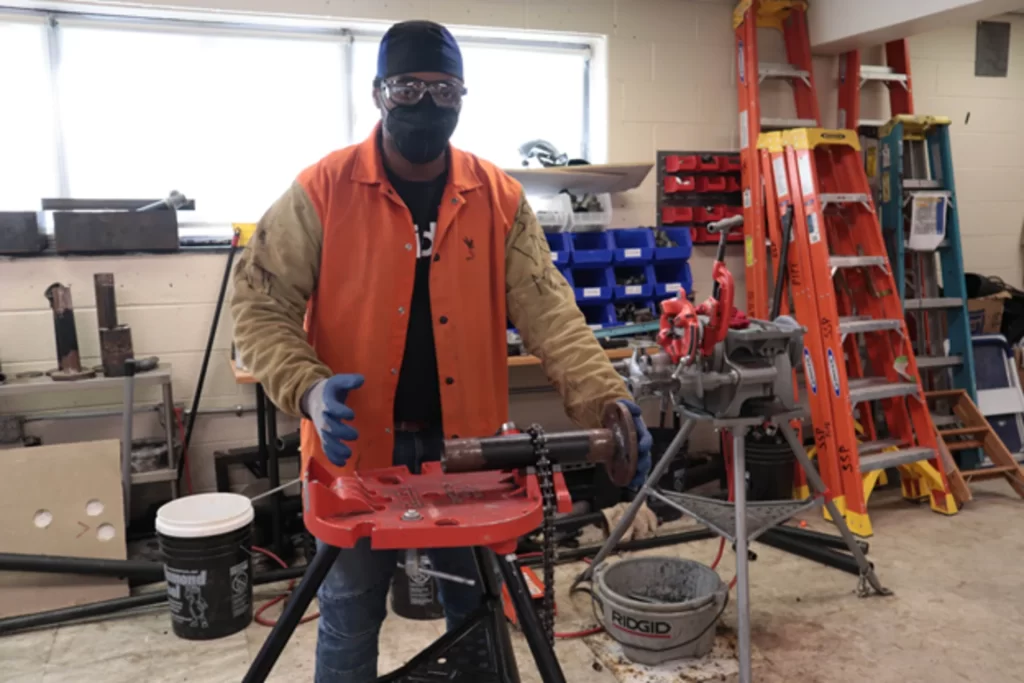Job security is crucial for people looking for steady and trustworthy employment in today’s fast-paced environment. Specific industries and professions may experience changes in demand due to technology breakthroughs and shifting economic backgrounds, which could result in unreliable job prospects. Conversely, pipefitter training has continuously shown growth in job opportunities. According to BLS data, the demand for pipefitters and steamfitters is expected to grow by 2% in 2023.
A vital part of preparing people for a successful career in pipefitting is using pipefitting training programs, which offer thorough training and education for aspiring pipefitters. This essay will examine the value of pipefitter training for job security, looking at various factors like the need for pipefitters, the advantages of formal education, the pipefitting industry’s evolving environment, and the long-term outlook.
The constant need for qualified pipefitters who have completed their training from the best trade schools is a significant factor in ensuring job stability in the pipefitting industry. Residential, commercial, and industrial piping systems all need vital pipefitting services. Pipefitters must properly operate water supply, drainage, and sewage systems, including installing and repairing pipefitting systems in residential structures and maintaining complex pipefitting infrastructure in large commercial and industrial complexes.
As the world’s population grows, the demand for pipefitting vocational programs becomes essential in residential and commercial facilities. Pipefitters are accountable for installing and maintaining water supply and drainage systems in homes, apartments, office buildings, retail establishments, hospitals, and more. Trends in urbanization and population expansion provide a consistent demand for licensed pipefitters, supporting the profession’s stability.
Pipes are required to maintain or replace old pipefitting, fixtures, and sewage systems. A failing infrastructure could result in leaks, damaged pipes, and other piping system issues. The pipefitting business has stable employment thanks to the rising demand for pipefitters with the knowledge and abilities to modernize and restore aging pipefitting systems. That is why the best trade schools are focusing on teaching aspiring pipefitters to fix aging pipes.
The building and remodeling industries also significantly influence the need for pipefitting vocational programs. While renovation projects may entail modifying or upgrading existing pipefitting infrastructure, new building projects necessitate installing pipefitting systems. To ensure that these systems adhere to building norms and regulations, pipefitters are required for their design, installation, and maintenance. As a result, the demand for licensed pipefitters is steady as long as diverse industries continue to engage in construction and remodeling work, which helps to ensure job stability.

Although some people may join the pipefitting industry through unofficial channels, including on-the-job training or apprenticeships, professional pipe fitter training courses offer advantages supporting job security.
Pipefitting trade programs offer thorough skill development that addresses various trade-related topics. Students gain knowledge of the different pipefitting systems, equipment, supplies, and methods employed in the field. In addition, they learn pipefitting laws and regulations and receive practical experience installing, repairing, and maintaining pipefitting systems. Formal pipefitting training gives pipefitters access to many in-demand skills, increasing their employability and boosting job security.

Several pipefitting trade programs give certification recognized by the industry. A pipefitter’s abilities and expertise are validated by a certificate showing potential employers that they have undergone formal training and are qualified for the position. Some businesses may demand a pipefitter certification from a pipe fitter training institute, and some areas may require a pipefitter license. Certified pipefitters are more likely to find employment and have higher career opportunities, contributing to job security.
A pipe fitter training course also teaches students about building codes and regulations to ensure that systems are installed and maintained by local, state, and federal rules. Building code-savvy pipefitters are in high demand because they can ensure that pipefitting systems are secure, effective, and environmentally friendly. In addition, building code observance is required by law, and breaking them can result in significant fines, penalties, and legal obligations.
In conclusion, pipe fitter training institutes are essential for maintaining a stable job market in the pipefitting sector. They give people specialized knowledge, credentials, possibilities for continued professional growth, and entrepreneurial abilities, making them highly competitive in the job market. Therefore, completing a pipefitting trade program can significantly improve job security and offer up exciting career options in the pipefitting trade due to the high demand for competent pipefitters and the shortage of qualified experts in the industry.
Read More:
Discover pipefitting possibilities at PTTI.Discover Program

Discover Endless Possibilities with pipefitting program at PTTI.
